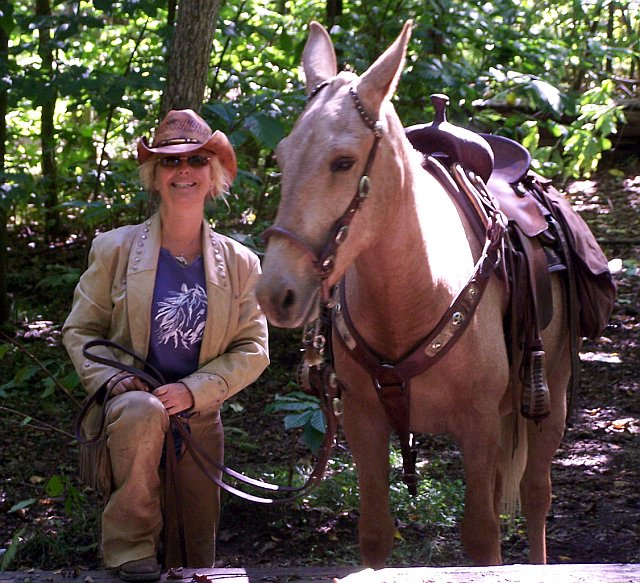
An interesting concept is status. Mules being as independent as they are, know where to hang their hat. They mingle, hang out, and move around in the paddock and pasture, to where it benefits them. They figure out herd dynamics quickly and make it all happen for them. For the mule, it’s all about him or her. Mules get this. They get the status thing and use it to their advantage. Dang! How cool is that?
So, where you hang your hat, is crucial for mental and physical health. So yes, status is everything.
Understandably, prolonged periods of feeling like you’re low status can thus lead to illness and depression. If your serotonin remains diminished for a long enough time, you’ll also become angry and may even feel the urge to violently lash out at others. This is not cool. You really need to take a time out and hang with the mules.
So, this status thing…unfortunately, there is a fair share of unscrupulous “business people” that muddy up a sector of the mule industry. This is nothing new, so watch yourself.
Just as you have an ingrained desire to seek status, others do too, and part of that drive is to connect with high-status people. As your confidence grows, your network of friends and peers will reflect as being positive growth. Remember, status isn’t just about looks or wealth, so this isn’t a purely superficial attraction. Both men and women want to befriend and partner with a guy who brings all kinds of valuable things to the table, whether that’s intelligence, wit, loyalty, or skill; everyone wants high status and hardworking people on their team.
And the mules; don’t want a deadhead on their team or a troublemaker. They go by their rules of conduct in the pasture and around the barn. Mules are good about the status thing. I admire mules that can detect dishonorable intentions faster than the stagecoach that left the depot.
Running an equine business is a challenge. Just remember, developing status leads you down the trail of success; to making new friends, finding romantic partners, and building a rich social network.

And that is why I like working with mules. They will teach you to look deep into your heart and soul; they will humble you and allow you to have a deeper understanding. That’s the deal breaker right there. I think I will hang my hat, right here.
